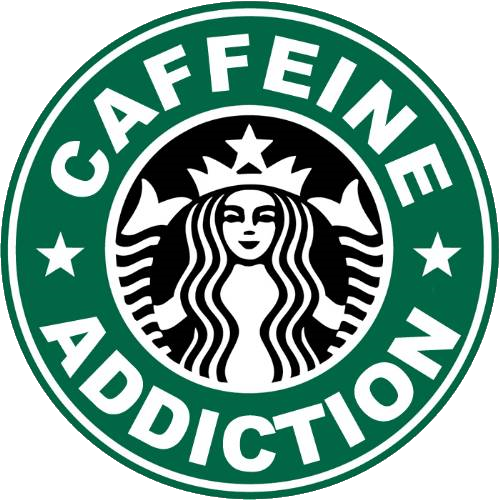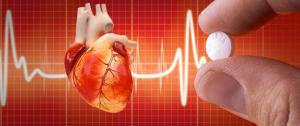Our body language affects the way others see and perceive us. Based on someone’s body language, others can learn numerous things about them. Someone who is slumped over gives off a weak, or depressed feel. On the other hand, somebody who stands firm and tall gives off the impression of dominance or importance. Furthermore, a recent study demonstrates how even the sound of our voice affects others perception of us on many different levels. But, enough about how our body language alters other’s perception of us, let’s focus on how our own body language affects us.

Social psychologist and Harvard Professor, Amy Cuddy, speaks about how nonverbal behavior affects people from the classroom to the boardroom. This TED talk focuses on a thing dubbed “power posing”, which can have a monumental effect on one’s confidence. How it works is that if you stand in a posture of confidence, even if you are not actually confident, it tricks the brain into thinking that you are actually confident. “Power posing” works because it affects cortisone and testosterone levels in the brain, which in turn gives us a confidence boost. Amy Cuddy herself is a prime case study that demonstrates that this actually works. As an undergrad, she got into a car accident that damaged her brain. Doctors said that she would never regain her full mental capacity and she would have a tough time graduating school. But, she was determined to prove them wrong; nothing was going to stop her. So she adapted her new “fake it until you make it” lifestyle. What this is that she utilized “power posing” to help her brain think that it was at it’s 100% capacity and that she could achieve her goals. It is evident that it worked as she is incredibly successful and is a professor at the Harvard Business School.
I firmly believe that this is very relevant and helpful information that everyone should know, especially college students. When you feel nervous or scared about an upcoming presentation,

 you need to deliver and get an A. Personally, I find it astonishing that we can do this and trick our brains into helping us out when we need it. Now, I want to know if there is anything else like this that can be done.
you need to deliver and get an A. Personally, I find it astonishing that we can do this and trick our brains into helping us out when we need it. Now, I want to know if there is anything else like this that can be done.
https://blog.bufferapp.com/improve-my-body-language-secrets
http://www.ted.com/talks/amy_cuddy_your_body_language_shapes_who_you_are?language=en







